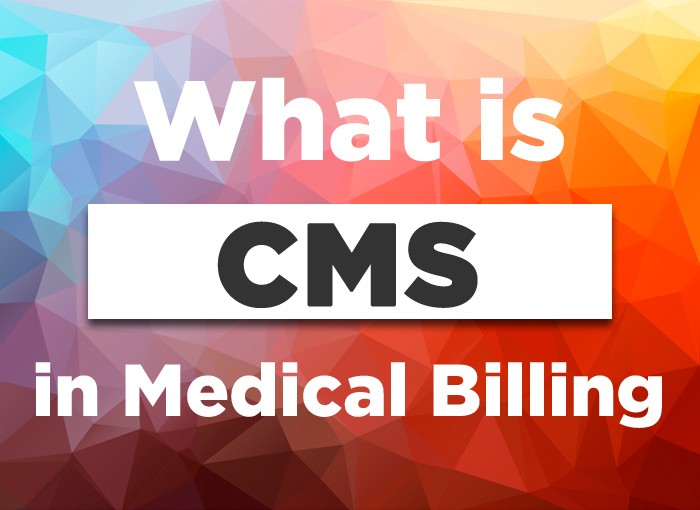What does CMS Stand for in Medical Billing
The term CMS stands Centers for Medicare & Medicaid Services—an agency established to oversee various numbers of medical care programs within the U.S. The agency falls under the Department of Health and Human Services (HHS) to ensure smooth administration of all the major medical care programs like Medicaid, Medicare and Health Insurance Exchanges. Intending to run a high-quality health care system CMS offers access to coverage, better medical care, and improved health.
Program History of CMS
The agency’s existence may be associated with Medicaid and Medicare programs that came into function on July 30, 1965, when President Lyndon B. Johnson signed a law bill demanding the establishment of medical care programs. At present, CMS’s role in the health care industry is not limited to federal insurance programs like Medicaid and Medicare.
Programs Covered by CMS
Medicare:
As per the changes made in the Medicare program in 1972 CMS ensures that people with disabilities, individuals with end-stage renal disease (ESRD) and people belonging to the age group of 65 and above can easily avail of the Medicare coverage. Today, Medicare coverage benefits also cover low-income families, pregnant women, and people who need long-term care. The Medicare program is in three parts—Part A (Hospital Insurance), Part B (Medical Insurance), and Part D (Prescription drug coverage). Today, Part A and Part B are called “Original Medicare”.
Medicaid:
The Medicaid program is regulated by the Center for Medicaid and CHIP Services (CMCS) organization which is further regulated by CMS or Centers for Medicare & Medicaid Services. The Medicaid program is authorized by Title XIX of the Social Security Act and is designed to provide health care for people with low-income. CMS allows states to tailor their own Medicaid programs to ensure a wide variety of health care services.
CHIP:
Like Medicaid, CHIP or Children’s Health Insurance Program is also regulated by CMCS after it. Formulated in 1997, CHIP is designed to provide regular health care insurance to children belonging to families with low-income as they can only afford Medicaid. CHIP ensures “coverage for children up to at least 200 percent of the Federal Poverty Level (FPL)” to improve children’s health across the nation.
CMS and Private Insurance
The agency’s primary purpose is to formulate federal health care insurance programs but it also focuses on regulating private insurance’s marketplace. The purpose is to promote health care insurance services within the U.S. via the Affordable Care Act (20101) which is regulated by the Center for Consumer Information and Insurance Oversight (CCIIO). The Affordable Care Act gave rise to the Health Insurance Marketplace creating a platform that allows consumers to apply and enroll in private insurance plans efficiently.
CMS’s Role in Insurance Fraud Prevention
CMS is responsible to gather and analyze data, produce research reports and prevent insurance fraud in the health care industry. To maintain transparency and promote the smooth functioning of Health Insurance Marketplace, CMS is also responsible to release updated Medicare premiums and deductibles every year.
So, it suffices to say that in medical billing the term CMS is synonymous with the medical care services provided by Centers for Medicare & Medicaid Services.




